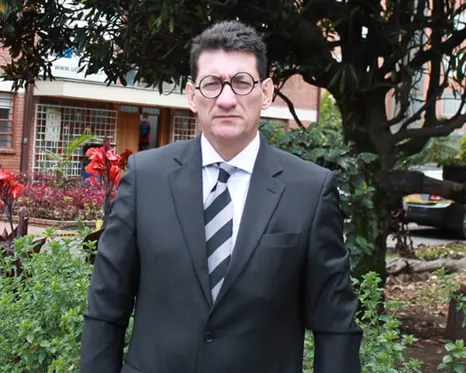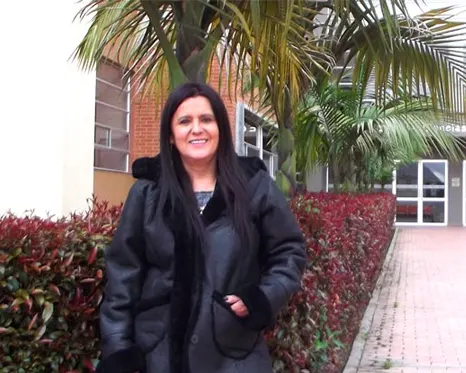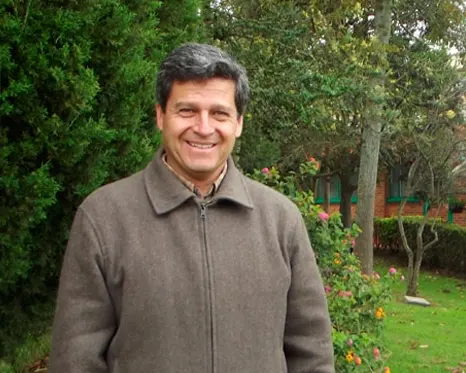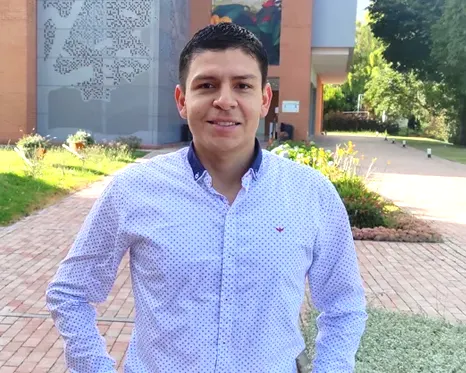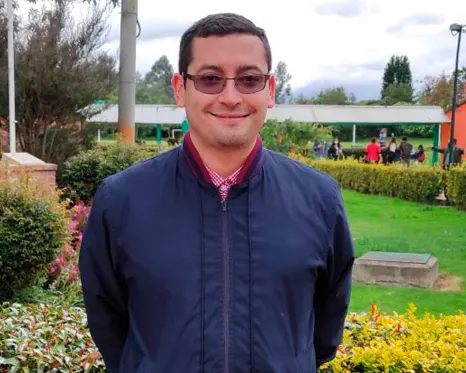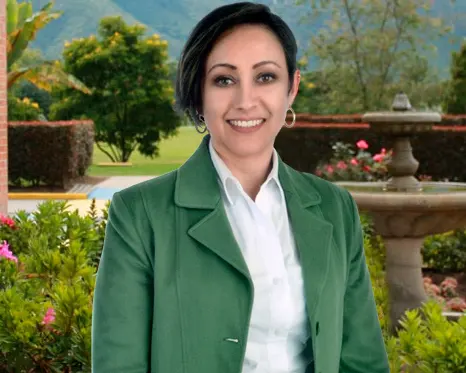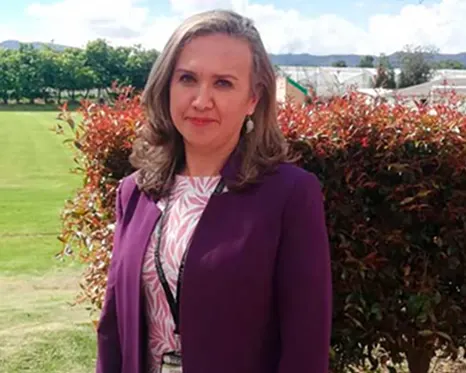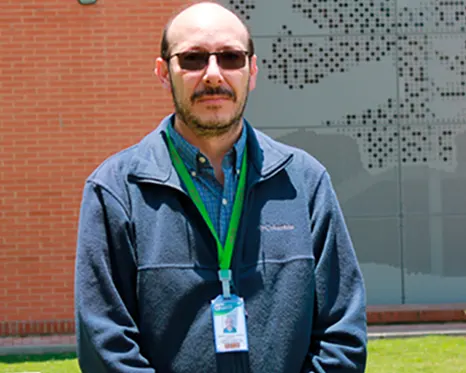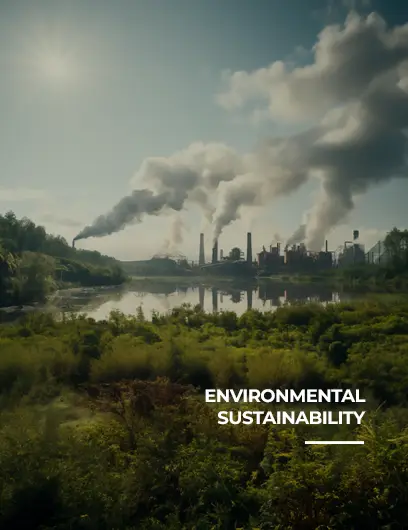Degree Awarded: Master in Management and Integrated Solid Waste Management
Level of training: Master’s degree
Duration: 2 years with a six-monthly call
Mode: Classroom-based
SNIES Code: 107408
Qualified Registration: Resolution 013549 of August 15, 2018, granted by MINEDUCACION
Total Credits: 52
Number of Credits I Semester: 12
Credit value Year 2024: $ 560.000
Tuition Fee 1st Semester Year 2024: $ 6.720.000 *
Academic Space: Avenida Boyacá # 66A – 61
Schedule: Saturdays from 7:00 a.m. to 5:00 p.m.
Contact: María Mercedes Callejas
Telephone: (60 1) 6684700, extension: 513
E-mail: [email protected]
*The cost of tuition from the second academic semester onwards will depend on the number of academic credits enrolled.
We are a University with High Quality Institutional Accreditation: Resolution 017390 of December 27, 2019 (for 4 years), granted by MINEDUCACIÓN.
Why study MASTER’S DEGREE IN INTEGRATED SOLID WASTE MANAGEMENT AND MANAGEMENT
MASTER’S DEGREE IN INTEGRATED SOLID WASTE MANAGEMENT AND MANAGEMENT
Human activities generate waste of all kinds, from urban and rural, through special, hazardous, technological and non-conventional waste, a situation that becomes complex from a socio-ecological perspective, given that in nature there is no «WASTE» and everything recirculates as matter or energy. In today’s post-modernity, an era that some have called the Anthropocene, with all its effects and impacts, where the axis is anthropocentrism, a new economic model called Circular Economy emerges as an emerging, disruptive and necessary alternative towards sustainability, to control and reduce the impacts on the environment and society generated by solid waste.
Objective of the programme
To train professionals highly capable of intervening favourably in the sustainable management of solid waste, from the technical-scientific and cultural perspective of the circular economy, in an interdisciplinary and systemic way, open to dialogue with other knowledge and to innovation as an alternative to solve the problematic situation of waste.
PROFILES
Entry profile
The applicant to the MGYGIRS Programme can be from any area of knowledge but with a strong interest in the subject of solid waste, preferably with critical-propositive professional experience and teamwork skills. Must have a professional degree in any disciplinary or professional field.
Profile of graduates
Graduates of the Master’s Degree in Management and Integrated Solid Waste Management are managers of municipal, business or social solid waste plans, programmes and projects within the framework of the circular economy, who formulate local, regional and global solutions, integrating, planning and developing projects that contribute to reducing the generation of solid waste and increasing its use and recovery.
Occupational profile
Graduates of the Master’s Degree in Management and Integrated Solid Waste Management will be able to work in public and private entities, consultancy firms, NGOs, academic institutions or in their own business ventures:
- Develop and propose public policies on solid waste and circular economy.
Design, implement and operate plans, programmes and projects on ISWM. - Plan, manage and evaluate Integrated Municipal Solid Waste Management Plans PGIRS within the framework of the National Circular Economy Strategy.
- Promote and consolidate cooperation between different actors and interaction between the public and private sectors in the field of sanitation and basic and environmental sanitation.
- Generate proposals for entrepreneurship, development and technological innovation.
- Manage private, public and third sector organisations dedicated to solid waste management, in compliance with the SDGs, ENEC and OECD commitments.
- Develop and apply models of social and economic development in relation to the environment, in particular with smart and sustainable communities and cities.
- Support Territorial Planning based on waste management requirements.
- Design and apply Circular Economy models and systems for solid waste.
- Empower communities on the concept of Waste that under a social, economic and technological process is valorised to become a Resource.
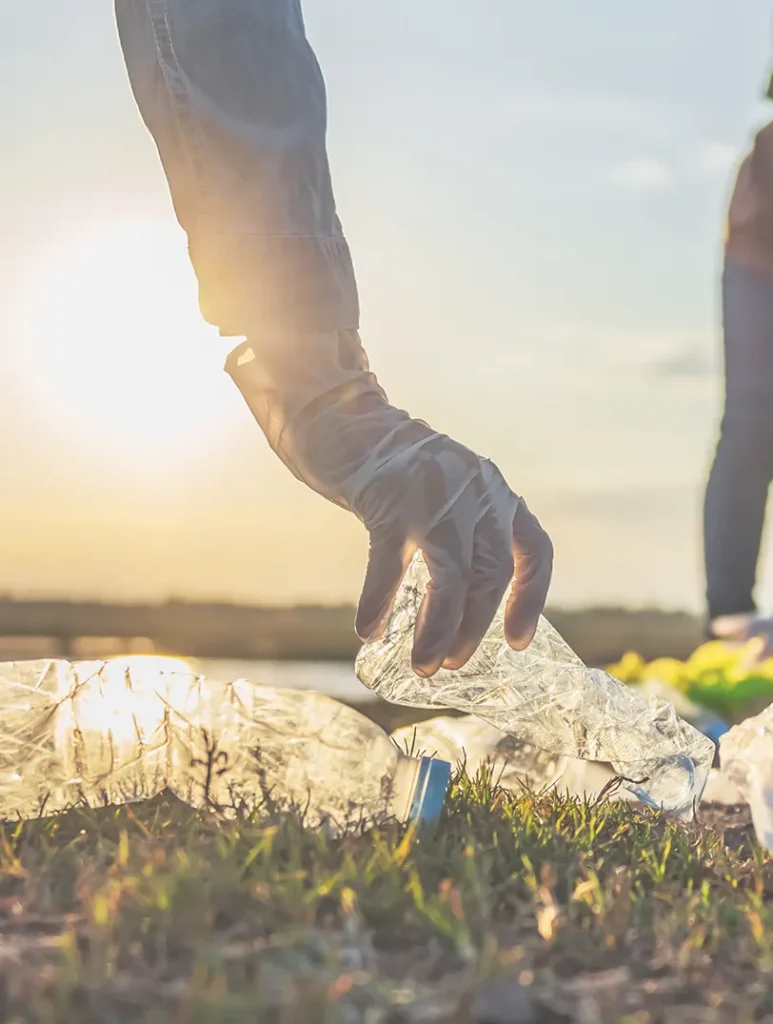
DISTINCTIVE FEATURES OF THE
PROGRAMME
Sistema
Se aborda las interrelaciones del medio físico, biológico y antrópico, desde el enfoque sistémico establecido por el pensamiento sistémico y el enfoque de la complejidad
Transdisciplina
Además de requerir una mirada y acción multi e interdisciplinar, la gestión sostenible de los residuos es transdisciplinar.
Concepción teórica
Para esta maestría la Economía Circular se toma como nuevo paradigma en la Gerencia y la Gestión de residuos, en el marco de las metas de los Objetivos de Desarrollo Sostenible ODS y la agenda 2030.
- 1
- 2
- Siguiente »
TEACHERS
Fernando Sánchez
Postdoctorado/Estancia postdoctoral Instituto de Pensamiento Complejo. Doctorado en Prensamiento Complejo, incio Agosto 2015, actualmente. Doctorado CUJAE. Doctorado en Ciencias Técnicas. Maestría en medio ambiente y desarrollo de la Universidad de Colombia Maestría en Ecoauditorías y Planificación Empresarial Instituto de Investigaciones Ecológicas. Especialista en pedagogía y docencia Universitaria de la Universidad la Gran Colombia. Especialización en…
Claudia Marcela Velásquez
Enfermera de la Universidad Nacional de Colombia. Magister en Psicología Comunitaria. Pontificia Universidad javeriana y Especialista en Filosofía de la Ciencia. Actualmente es Directora del Programa Enfermería de la Universidad de Ciencias aplicadas y Ambientales e Investigadora Junios MinCiencias
Marco Tulio Espinosa
Zootecnista U.N., Especialista en Mercadeo Agropecuario y Comercio Internacional, Magister en Ciencias Ambientales. Experto en Sistemas Integrados de Gestión con énfasis en ISO 14.001/64; ISO 24.000 e ISO 31.000. Amplia experiencia en sector privado, público y academia. Consultor nacional e internacional en temas de Economía Circular para Residuos Sólidos. Creación de empresa, emprendimiento e innovación.
Álvaro Javier Ávila
Soy Ingeniero Agrícola (2012) de la Universidad del Valle (Colombia). Fui Joven investigador del Departamento Administrativo de Ciencia, Tecnología e Innovación de Colombia – COLCIENCIAS. Tengo una Maestría (2016) y un Doctorado (2020) en Meteorología Aplicada de la Universidade Federal de Viçosa (Brasil). Hice parte de mi Doctorado en Ohio State University en el The Byrd…
Oscar Luis Pyszczek
Profesor en Geografía (2008), Licenciado en Geografía (2012), Especialista en Educación y TIC (2014) y Doctor en Geografía (2014), competente en el establecimiento de relaciones entre los componentes físicos, biológicos y humanos del espacio geográfico. En lo profesional me considero responsable, aplicado, activo y dedicado. Desde un punto de vista personal, el ejercicio profesional lo…
Luz Piedad Romero Duque
Soy Doctora en Ciencias Biológicas de la Universidad Nacional Autónoma de México, Magister en Ciencias Biológicas de la Universidad Nacional de Colombia, Especialista en Docencia para la Educación Superior de la U.D.C.A y Bióloga de la Pontificia Universidad Javeriana. Mi actividad académica ha sido de carácter interdisciplinar colaborando en actividades de docencia en pregrado y posgrado con diferentes disciplinas…
Henny Margoth Santiago Villa
Antropóloga de la Universidad Nacional de Colombia, Especialista en Pedagogía y Docencia Universitaria, Magister en Investigación Social Interdisciplinaria. Candidata a Doctora en Ciencias Ambientales. Profesora de la Facultad de Ciencias Ambientales de la U.D.C.A en las áreas de Ciencias Sociales e Historia Ambiental. Intereses de investigación: Historia Ambiental de la sabana de Bogotá, Humedales, Borde…
Sergio Córdoba Córdoba
Doctor en Ecología y Biología Evolutiva de la Universidad de Princeton (USA), y Biólogo de la Universidad Nacional de Colombia. Interesado en entender los procesos que generan diversidad y especiación. Para ello he explorado las causas que ocasionan los patrones de distribución de especies a diferentes escalas espaciales, lo cual implica relaciones históricas – evolutivas…
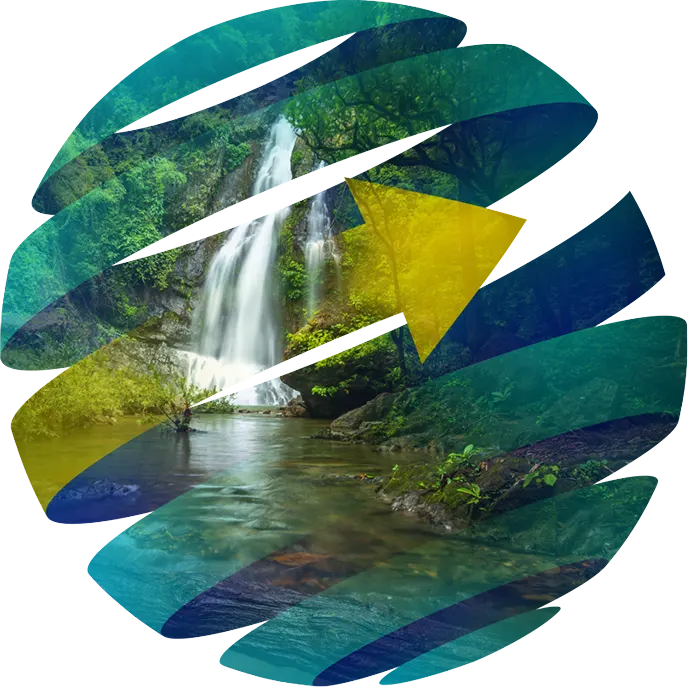
LINES OF
RESEARCH
Tecnologías ambientales
Diseñamos, adaptamos y evaluamos tecnología para el manejo sustentable de los recursos naturales con énfasis en energía, agua y residuos. Buscamos conocer y evaluar impactos ambientales, sociales y económicos derivados del uso de tecnologías ambientales tanto en el ámbito rural como urbano y usamos herramientas de simulación especialmente en el área hidrológica y de uso sostenible de recursos naturales con el fin de aportar al desarrollo de políticas públicas.
LEAVE YOUR MARK ON THE ENVIRONMENT












